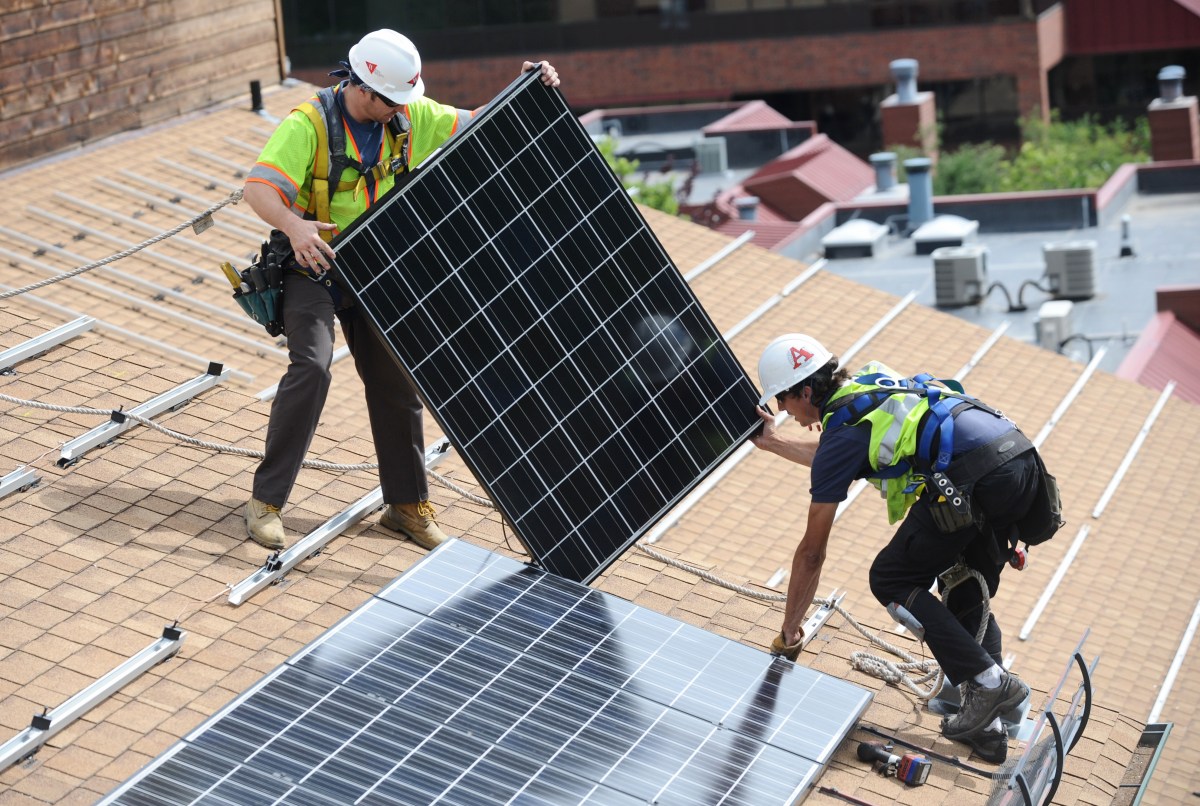Sunnova Faces Financial Challenges Amidst Solar Industry Turbulence

- Sunnova issues 'going concern' warning due to financial struggles
- Company plans to refinance debt, raise new capital, and cut costs
- High interest rates and policy uncertainty contribute to industry challenges
- Sunrun lowers guidance for cash generation in 2025
- Solar energy remains the cheapest form of new generating capacity in many areas
Sunnova's Financial Struggles
Sunnova, one of the largest solar installers in the US, has issued a 'going concern' warning as the company faces significant financial challenges. The warning has led to a substantial decline in the company's stock price, with investors worried about the potential for bankruptcy. In an effort to address its financial struggles, Sunnova plans to refinance its debt, raise new capital, and implement cost-cutting measures.
The company's financial difficulties are attributed to various factors, including high interest rates and uncertainty surrounding the Inflation Reduction Act. The solar industry has historically benefited from low interest rates, which made solar loans and leasing attractive to consumers. However, with rising interest rates, the financial benefits of solar energy are diminished, making it more challenging for companies like Sunnova to operate profitably.
Industry-Wide Challenges
The solar industry as a whole is facing significant challenges, including high interest rates, policy uncertainty, and increased competition. Sunrun, the largest solar installer in the US, recently lowered its guidance for cash generation in 2025, citing expectations of flat installations for the year. The industry's turbulence is also attributed to the Trump administration's efforts to unravel the Inflation Reduction Act, which has created uncertainty about the future of solar energy policy.
Despite these challenges, there are still positive developments in the solar industry. First Solar, a leading solar manufacturer, recently reported strong Q4 earnings, and solar energy remains the cheapest form of new generating capacity in many areas. The industry's resilience and adaptability will be crucial in navigating the current turbulent environment.